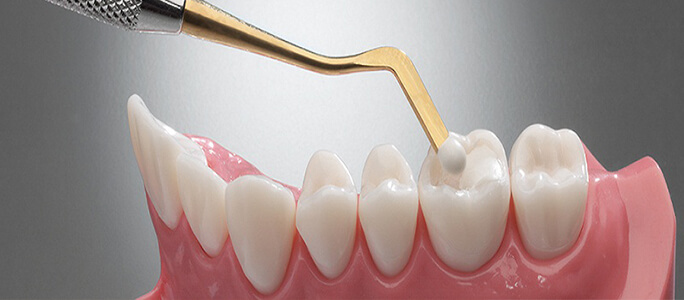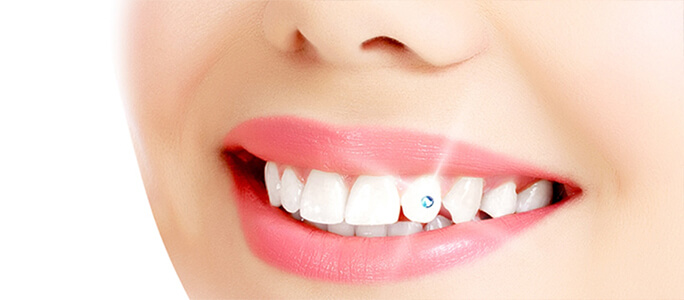
OVERVIEW-TMJ Disorder
Temporomandibular joint and muscle disorders, commonly called "TMJ," are a group of conditions that cause pain and dysfunction in the jaw joint and the muscles that control jaw movement.
DESCRIPTION
Discomfort from these conditions is occasional and temporary, often occurring in cycles. The pain eventually goes away with little or no treatment. Some people, however, develop significant, long-term symptoms.
Common symptoms include:
- Pain or tenderness in your face, jaw joint area, neck and shoulders, and in or around the ear when you chew, speak, or open your mouthwide
- Jaws that get “stuck” or “lock” in the open- or closed mouth position
- Clicking, popping, or grating sounds in the jaw joint when you open or close your mouth or chew. This may or may not be painful
- A tired feeling in your face.
- Radiating pain in the face, jaw, or neck
- Jaw muscle stiffness
- Limited movement or locking of the jaw
- Painful clicking, popping or grating in the jaw joint when opening or closing the mouth
- A change in the way the upper and lower teeth fit together.
How are TMJ disorders treated:
- Selfcare practices
- Pain medications
- Stabilizations splint
- Irreversible treatment
- Surgery
















